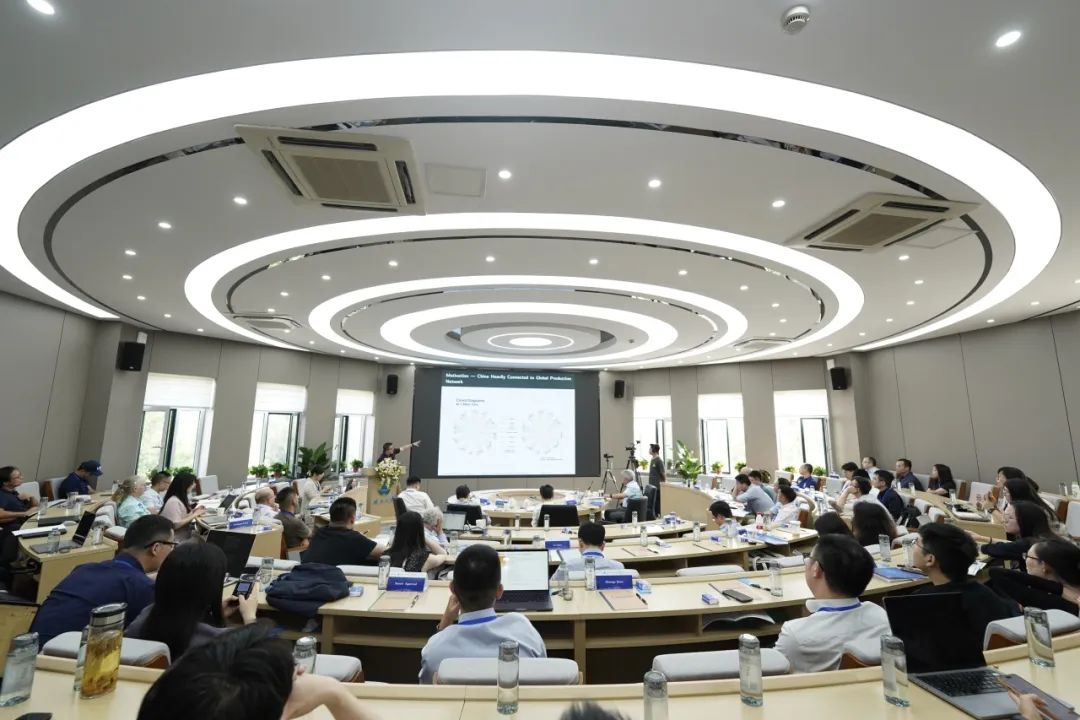On August 22 and 23, 2024, the National Bureau of Economic Research (NBER) Chinese Economic Working Group 2024 Autumn Meeting was successfully held at Puhe Campus of Liaoning University. The meeting focused on discussing cutting-edge issues in the fields of macroeconomics and finance, attracting experts and scholars from more than 30 top universities around the world to attend, including Harvard University, Massachusetts Institute of Technology, Stanford University, Princeton University, Columbia University, University of Pennsylvania, Cornell University, Emory University, University of Colorado, National University of Singapore, Hong Kong University, Chinese University of Hong Kong, Hong Kong University of Science and Technology, Peking University, Tsinghua University, Fudan University, Renmin University of China and Shanghai Jiaotong University.
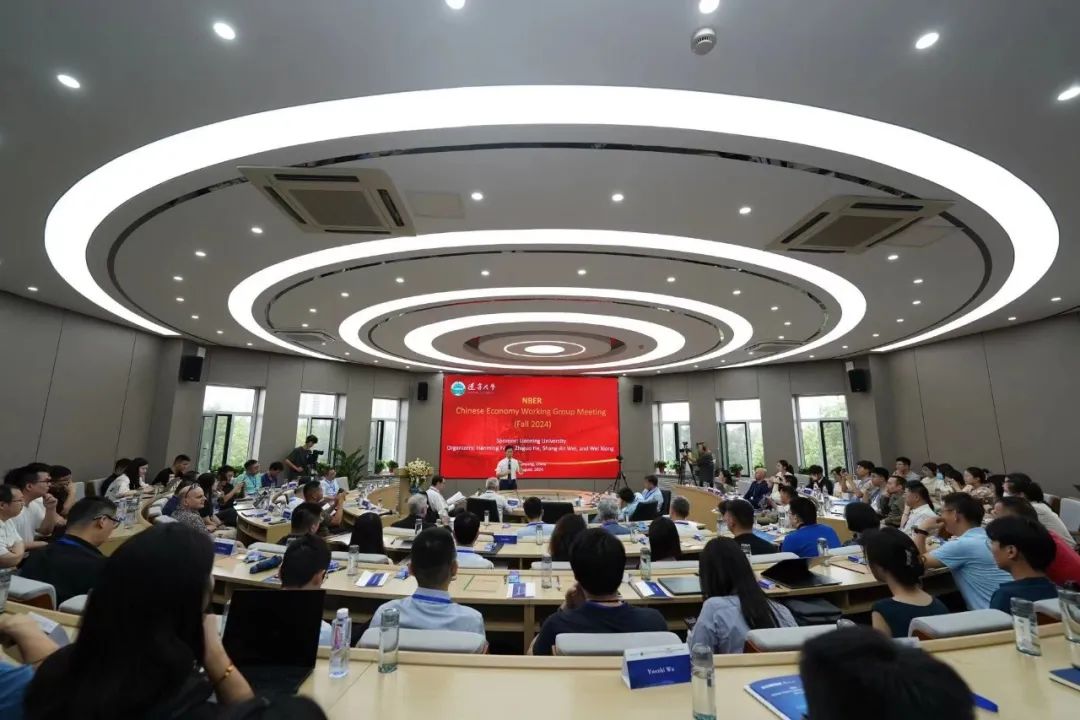
The success of this meeting highlighted the recognition and support of the international academic community to the achievements of Applied Economics at Liaoning University. Through in-depth exchanges and discussion, the participants agreed that this meeting, as a high-level academic feast, played an important role in promoting international academic exchanges and cooperation and understanding China’s economy. Meanwhile, they also made a consensus that the Northeast China is a good place and that the comprehensive revitalization of the Northeast would soon be achieved.
This meeting was divided into four sections, presided over by Professor Wei Shangjin from Columbia University, Professor Fang Hanming from the University of Pennsylvania, Professor Xiong Wei from Princeton University and Professor He Zhiguo from Stanford University respectively. Professor Yu Miaojie, Deputy Secretary of the CPC Committee and President of Liaoning University delivered a keynote speech.

Professor He Zhiguo from Stanford University chaired the fourth session of the meeting. Professor Gao Huasheng from Fudan University, Professor Jiang Wenxi from the Chinese University of Hong Kong, and Professor Harrison A. Shieh from Vassar College each presented their reports.
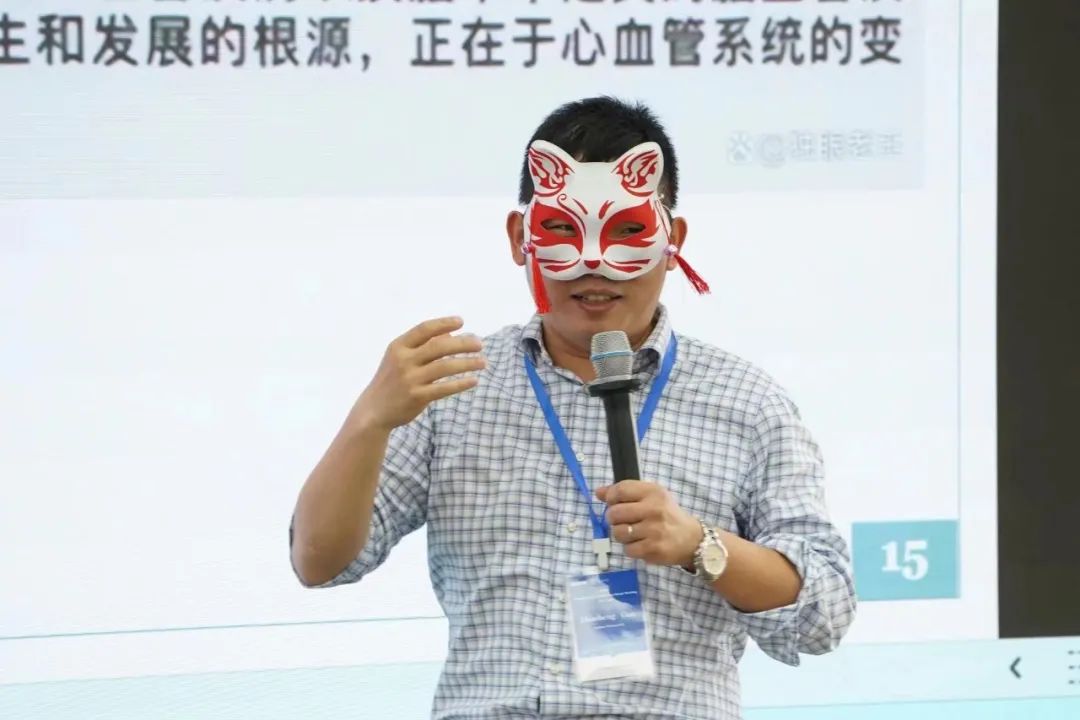
In his report titled ‘The Value of Social Media Anonymity: Evidence from the Stock Market’, Professor Gao Huasheng discussed the negative impact of real-name registration on the market value of listed companies. This effect is particularly pronounced in companies where investors rely heavily on social media for information. The implementation of real-name registration significantly reduces the efficiency of information dissemination on stock forums, leading to decreases in the number, length, originality, and quantitative content of posts. As a result, the amount of information and liquidity related to stock prices declines, the risk of stock crashes increases, the company’s willingness to voluntarily disclose information diminishes, and earnings management activities rise. Furthermore, the study found that this policy has a particularly significant impact on the dissemination of negative information, reducing the disclosure of negative information and impairing investors' ability to forecast negative financial performance. This leads to a more pronounced market reaction to negative financial information. Further analysis ruled out the possibilities of companies being overvalued before the policy and decreased investor attention leading to a decline in company value. The results indicate that the implementation of real-name registration policies weakens company value by deteriorating the environment for investors to obtain information.
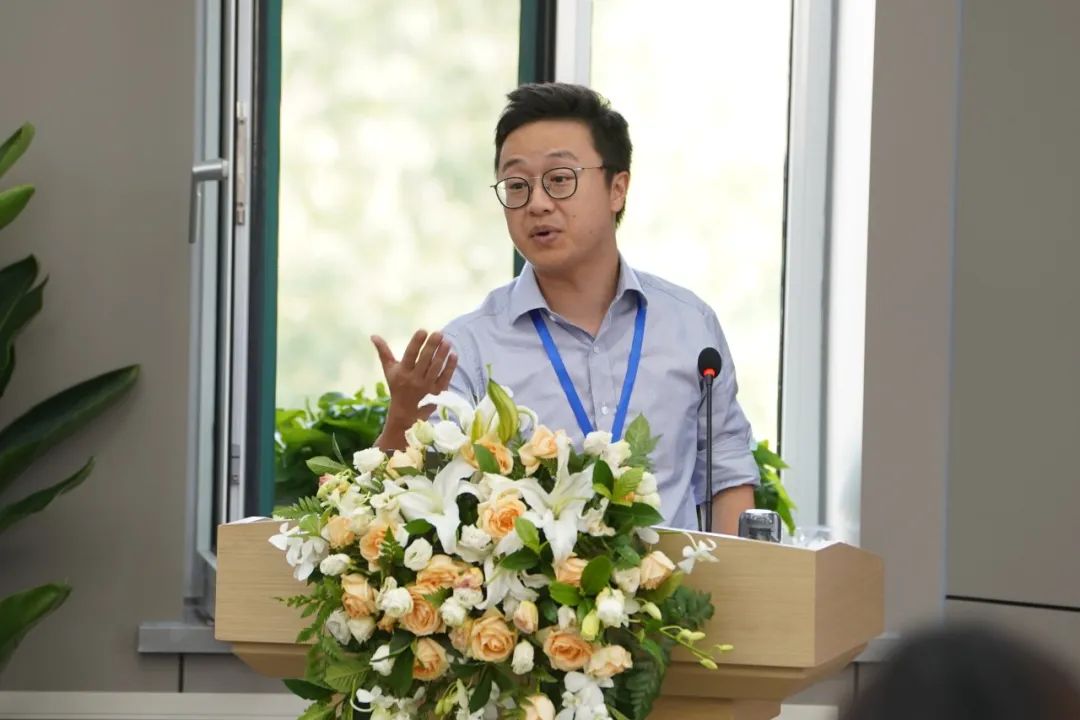
In his report titled ‘Mortgage Prepayment in China and Counter-Productive Monetary Policy’, Professor Jiang Wenxi studied the phenomenon of residents prepaying their mortgages following the interest rate cuts in 2019. He found that, due to the absence of refinancing options in the Chinese market, a decrease in loan rates leads to an increased gap between mortgage rates and savings rates. As a result, households opt to prepay their mortgages to deleverage, which raises the total amount of savings and may potentially lead to a decrease in consumption. In other words, due to the friction of refinancing, a monetary policy that lowers loan rates might fail to stimulate consumption.
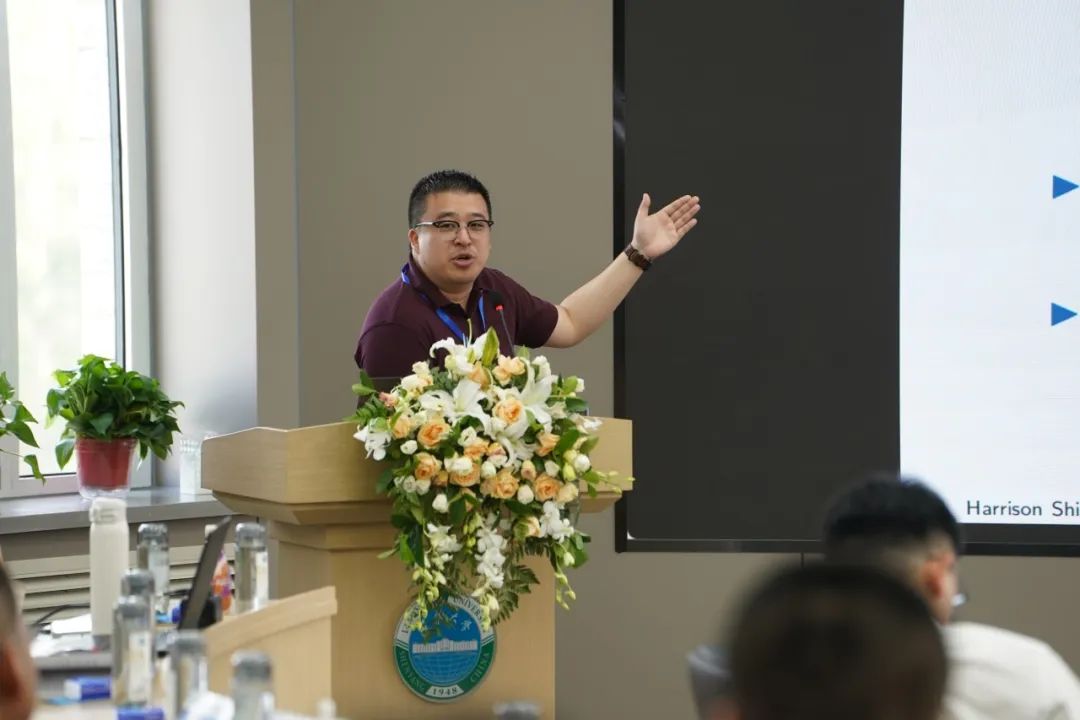
In his report titled ‘Journey to the (North, South, East, and) West: Global Spillovers of Chinese Monetary Policy’, Professor Harrison A. Shieh examined how Chinese monetary policy transmits globally through supply chains and affects global stock markets. Using a spatial autoregressive model, the report analyzed the impact of Chinese monetary policy on stock returns in 11 economies and seven industries. The findings indicate that shocks to Chinese monetary policy have significant effects on foreign firms connected to China’s production network through supply chains. When China implements tightening monetary policy, upstream firms experience a decrease in stock returns by approximately 20 basis points due to reduced demand for intermediate products from Chinese companies. Conversely, downstream firms face a decrease in stock returns of about 17 basis points because of reduced supply of intermediate products from China. The study highlights the crucial role of supply chains in the global transmission of Chinese monetary policy, with approximately 70% to 78% of stock market reactions attributable to firms’ connections with Chinese production networks. The research also identifies heterogeneity in stock return responses across countries and industries, which can be explained by the degree of each country’s ‘home bias’.
The attendees showed great interest in the researchers’ work, actively asking questions and offering suggestions, leading to in-depth discussions and a lively atmosphere at the event.

The meeting was hosted by Liaoning University and organized by the Division of Economics and the School of Finance and Trade. More than 150 participants, including faculty members, students from various departments of Liaoning University’s School of Economics, and scholars from other institutions who came in response to the event, attended the meeting.
